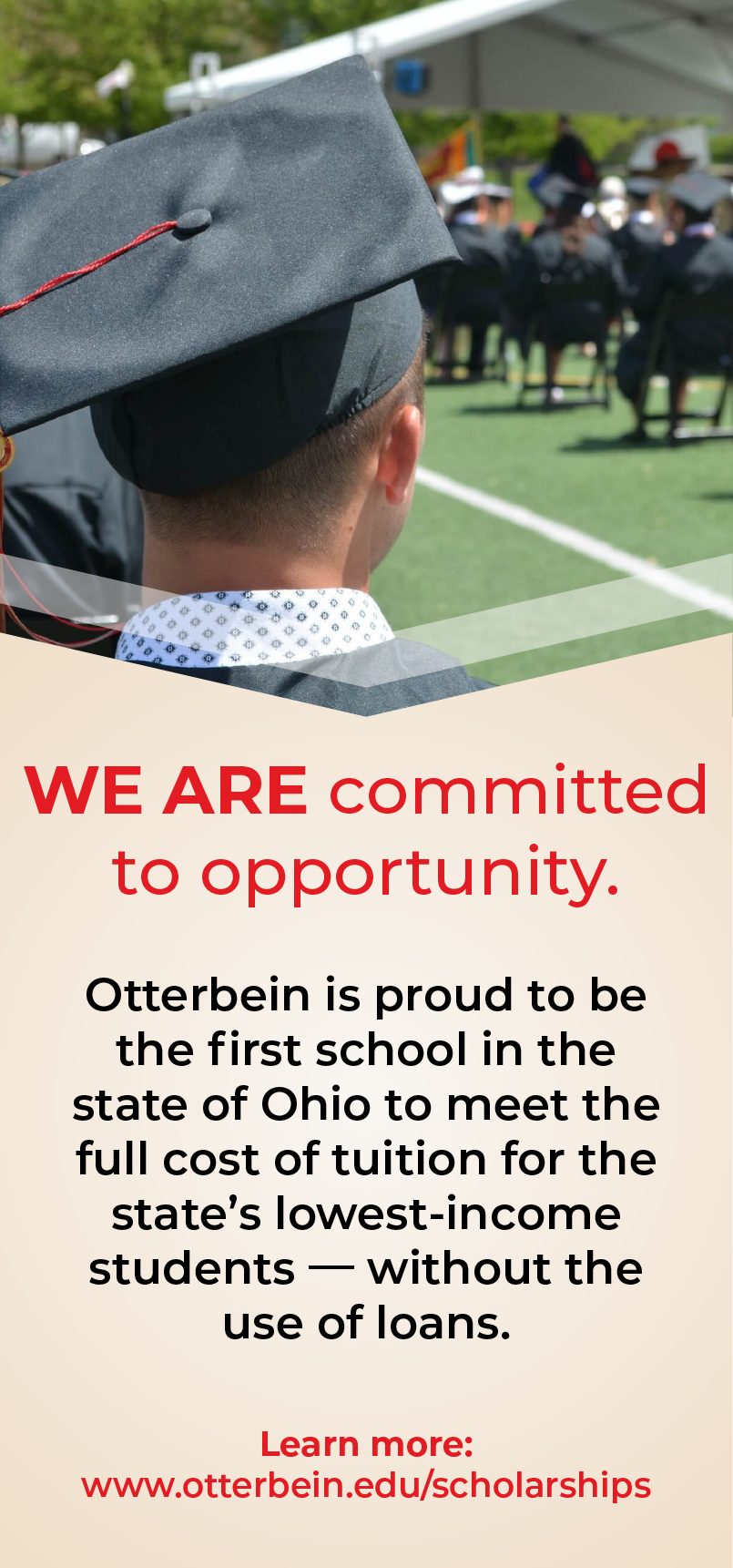When Christopher Cordle ’69 was a self-described “farm boy” in the 1950s, he vividly recalls the oral polio vaccine program “Sabin on Sunday.” In the ’50s and early ’60s, polio vaccinations (developed by Jonas Salk) and oral polio vaccines (developed by Albert Sabin) were administered across the United States, and Cordle remembers going with his family to take his oral vaccine. Thanks to the successful vaccination programs, polio has not been seen in the U.S. since 1979.
Fast forward to 2020 and the world is in the middle of its worst pandemic in 100 years. Cordle watched as the United States and other countries raced to develop a vaccine to fight COVID-19. He was skeptical that mRNA (messenger RNA) vaccine technology would be effective and could be developed quickly, but later was ecstatic to find he was wrong.
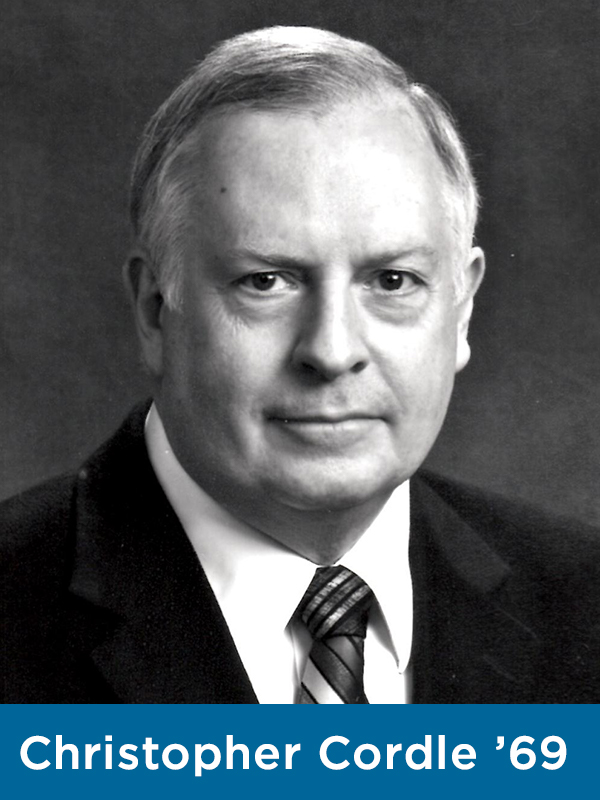 “The new vaccines are so extraordinary,” Cordle said. “I thought to myself, ‘Are these guys crazy? That’s never going to work. There’s not a single mRNA vaccine approved for humans in the world.’ Boy was I wrong. The thing I love most in science is when my favorite prejudice or theory is dashed by new data.”
“The new vaccines are so extraordinary,” Cordle said. “I thought to myself, ‘Are these guys crazy? That’s never going to work. There’s not a single mRNA vaccine approved for humans in the world.’ Boy was I wrong. The thing I love most in science is when my favorite prejudice or theory is dashed by new data.”
Cordle was raised in Knox County, OH, where he resides now. While attending Otterbein, the U.S. was dominated by the race to the moon. “The country was enamored by science,” Cordle said. He attended graduate school at Johns Hopkins University as the government ramped up efforts to increase funding in science.
At Johns Hopkins, Cordle studied immunochemistry and immunology, the branch of biology that deals with the immune system. In 1980, he took a position as an immunochemist at Ross Labs, now Abbott Labs.
Although he retired from Abbott Labs in 2018, Cordle says he was mesmerized as the COVID-19 pandemic hit. He closely followed the race to develop a vaccine to combat it.
“For the Moderna and Pfizer vaccines, the scientists and the people who laid the groundwork, certainly there will be some Nobel Prizes, and not only that, the thanks of the planet,” Cordle said. “The integration of all the research and development by Pfizer and Moderna is an extraordinary accomplishment in the timeframe it was accomplished in. They just said ‘Don’t worry about whose budget it is, just do this,’ and they did! These vaccines are safe and effective and, if fully used, will save millions of lives across the globe.”
As director of the Otterbein interdisciplinary program in Biochemistry and Molecular Biology, Professor John Tansey also followed closely how quickly the vaccines were developed.
“There were already other coronaviruses that people knew about, such as SARS and MERS,” Tansey said. “We already had an idea about how these viruses work, what they bind to, and their life cycle. Because we’ve had these basic advances in the sciences, it just takes far less time to develop therapies now than it would even a few years ago.”
The coronavirus uses its spikes to bond to human cells and gain entry to the human body. The result can be serious illness and death. The vaccines will build up immunity against the virus.
Tansey said the difference between the Pfizer, Moderna, and Johnson & Johnson vaccines is due to the differences in how the information in coronaviruses is delivered to the immune system.
While the mRNA technology used by Pfizer and Moderna is new, the viral vector technology of the
Johnson & Johnson vaccine has been used by scientists since the 1970s.
Cordle and Tansey agree that the mRNA vaccines are important developments in scientific history. The speed in which the COVID-19 vaccines were developed, and the massive implementation of vaccines in arms, is remarkable, they say. The COVID-19 vaccines are a big step in getting the U.S. back to the new normal.
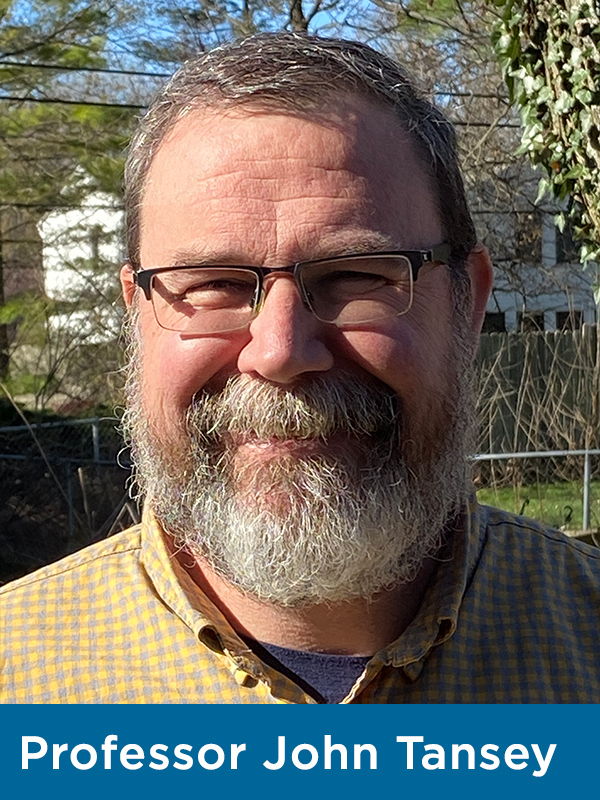 But the vaccines have sparked political and trust issues in America too. “This is really just a human health issue and not a political one,” Tansey said.
But the vaccines have sparked political and trust issues in America too. “This is really just a human health issue and not a political one,” Tansey said.
Cordle agrees. “I think some people are naturally distrustful of anything new,” he said. “I think many people get information from bad sources. For this vaccine, because of the necessity to have it out there quickly, it’s created a push and so some people naturally push back.”
The vaccines have introduced an ethical dilemma for some Americans. Equity in access to vaccines is at the core of this discussion.
Otterbein Professor Stephanie Patridge teaches classes in ethics, philosophy of art, philosophy of race, and human rights.
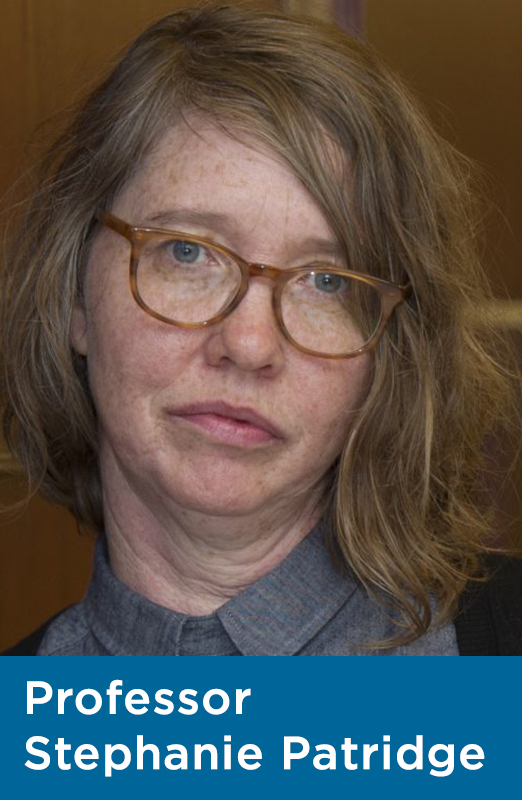 “Assuming that the goal of mass vaccination is to save as many lives as possible, then we likely do have a moral reason to pay attention to things like socio-economic status, and racial or ethnic status,” Patridge said. “There is a significant amount of empirical data to suggest that phenomena like racial weathering — advanced aging caused by the intense stress of living in a racist society — and working in frontline and essential industries have a significant impact on who gets sick (primarily those of low socio-economic status and Black, Indigenous and People of Color) and how sick they will get.”
“Assuming that the goal of mass vaccination is to save as many lives as possible, then we likely do have a moral reason to pay attention to things like socio-economic status, and racial or ethnic status,” Patridge said. “There is a significant amount of empirical data to suggest that phenomena like racial weathering — advanced aging caused by the intense stress of living in a racist society — and working in frontline and essential industries have a significant impact on who gets sick (primarily those of low socio-economic status and Black, Indigenous and People of Color) and how sick they will get.”
Will the vaccine get the U.S. back to normal?
“The vaccine will get us back to the new normal life,” Cordle said. “There will never be such a thing as the old ‘normal’ again. If you won’t get vaccinated, your future and the health of your family and friends is at risk. Please folks, get vaccinated, as soon as you can.”
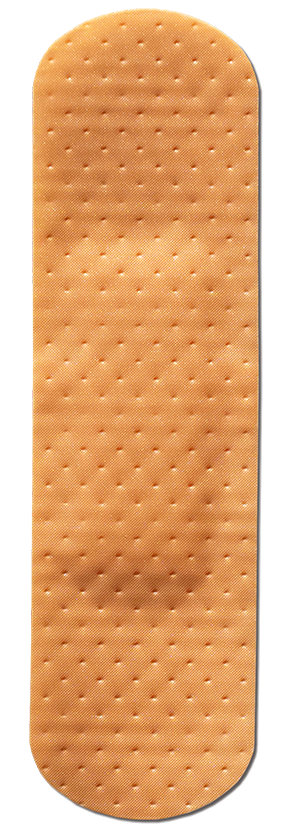
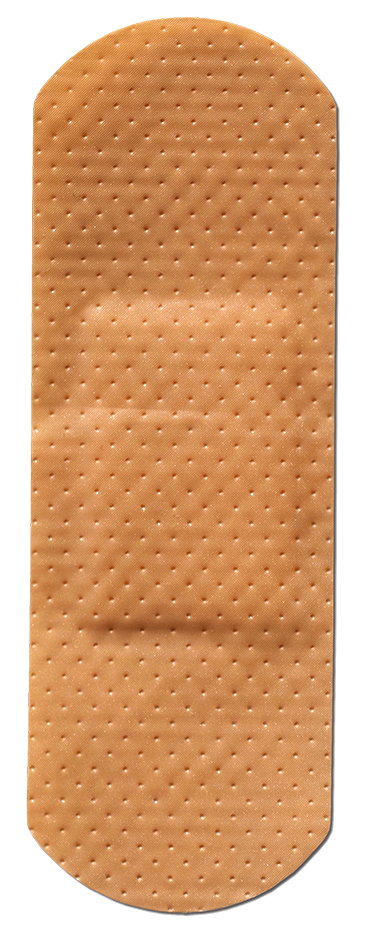


Grace Weidenhamer ’23 is a health communication and public relations major from Westerville, OH. She plays on the Otterbein women’s soccer team and is on the executive board of Otterbein’s Public Relations Student Society of America (PRSSA).

